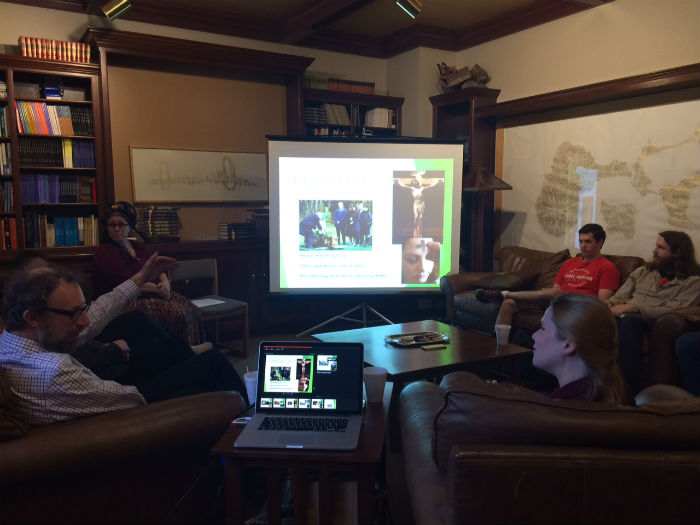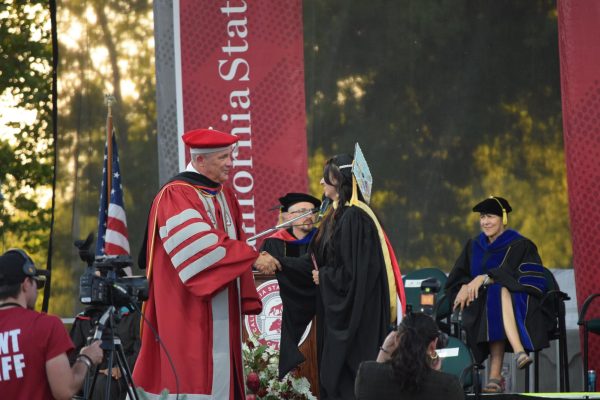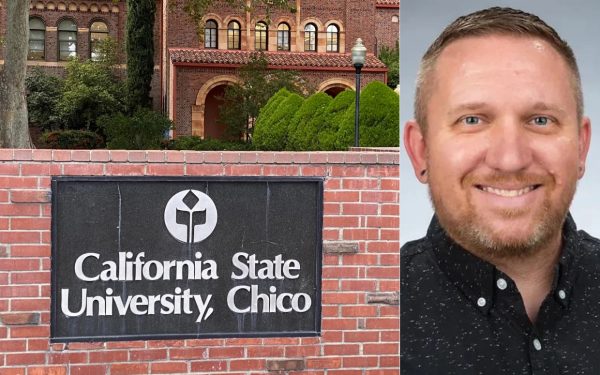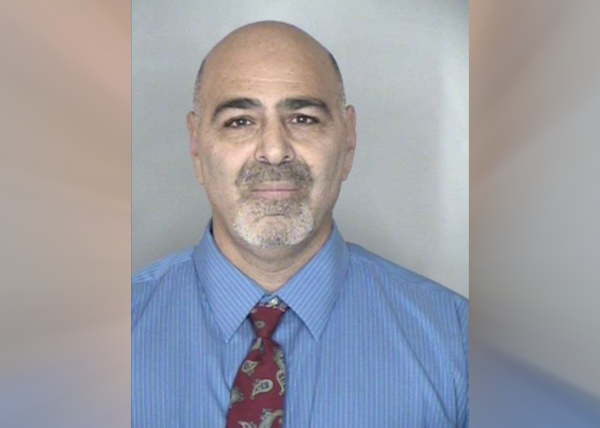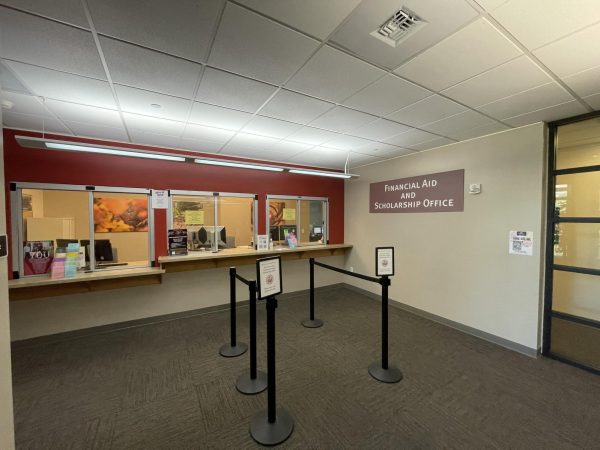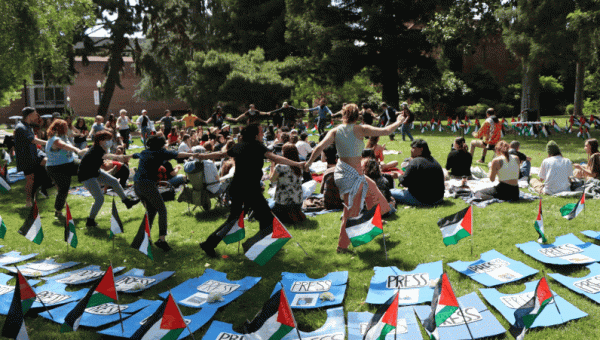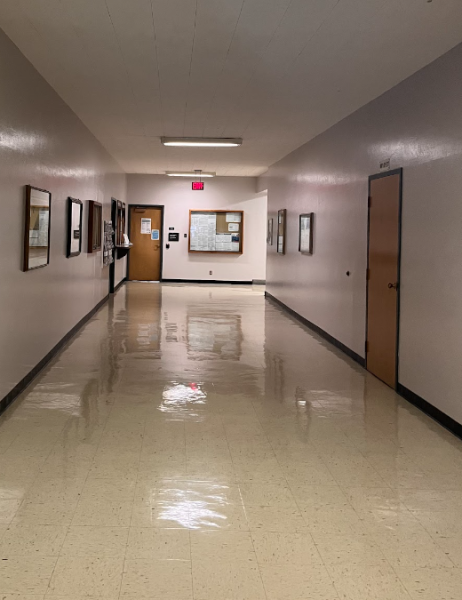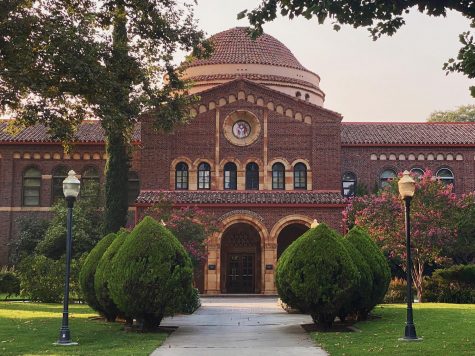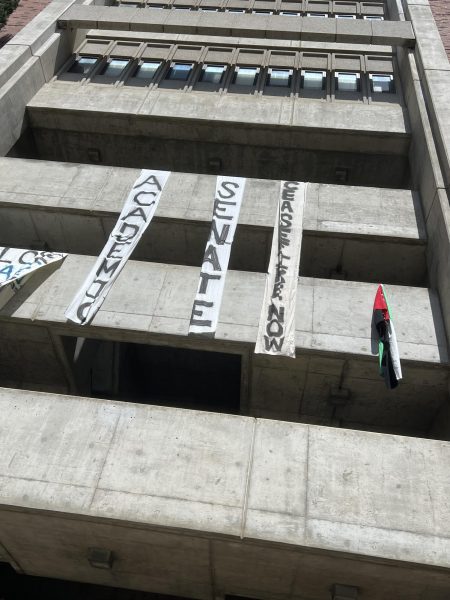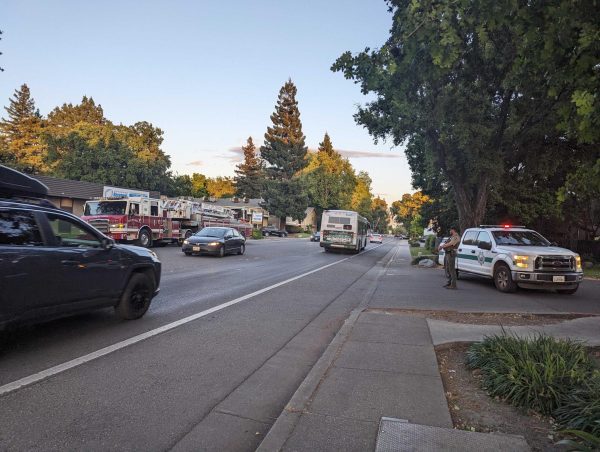Death Cafe makes its campus debut
Students and faculty discuss the meaning of death at a Death Cafe on campus. Photo credit: Molly Sullivan
Death was in the air amidst the beautiful spring weather at Chico State’s first Death Cafe on March 23.
Death Cafe is an international movement devoted to allaying fear and anxiety of death and increasing awareness of the finite opportunities available in life.
“In our culture, death is often considered morbid or scary, mostly because we are not taught that it is a normal part of life that everyone has to experience,” said Tova Love, president of the Religious Diversity Association and moderator of the meeting. “Believe it or not, none of us are getting out of here alive.”
Chico’s Death Cafe
At Chico State, faculty and students gathered in a close circle, sipping tea, to discuss this often buried topic.
“One of the benefits of talking about death is actually living our lives more fully and without the fear of how and when it will end,” Love said.
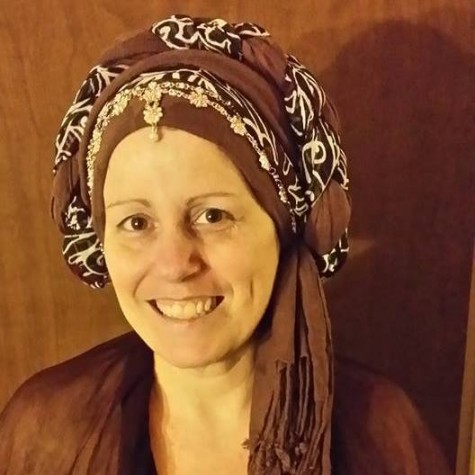
Attendees discussed their perceptions of death beyond its morbid connotations, using descriptors like “change,” “uncertainty,” “transition,” “graduation” and “beyond me.”
Sarah Gagnebin, a lecturer in the comparative religion and humanities department, previously worked as an ordained chaplain for hospice patients and used this experience to broach different ideas of death in the meeting.
In the hospice setting, Gagnebin discovered there is really only a partial taboo on death. People will talk about death when given the opportunity.
“If you push a little bit, you’ll find there’s a lot there,” she said.
Gagnebin then contributed a presentation of rituals surrounding death in the world’s religions as a way to explore other cultural conceptions aside from American ideas.
It helps us think of death as a state of being and not a place, she said.
“Your humanity is important, but it is ephemeral. It will not last,” Gagnebin said.
The International Movement
Death Cafe began in 2010 in the United Kingdom and has since grown to hold 2,926 meetings in countries around the world.
Jon Underwood founded the movement after reading work by sociologist Bernard Crettaz on his own café mortel project in Paris.
Death Cafe grew into a forum for people to freely ask questions and reflect on death as a phenomenon and not merely an end.
It is a not-for-profit movement and entirely run by volunteers. Death Cafes can be hosted by anyone, anywhere. Underwood only asks that participants use a simple guide when creating and hosting events.
Death Cafe is intended to be a philosophical discussion of the nature of death and not grief counseling. It does not endorse a single ideology or answer.
The next Death Cafe on campus will be held on April 13 and 14 from noon to 2 p.m. Issues such as eco-friendly green burials will be discussed.
Molly Sullivan can be reached at [email protected] or @SullivanMollyM on Twitter.








